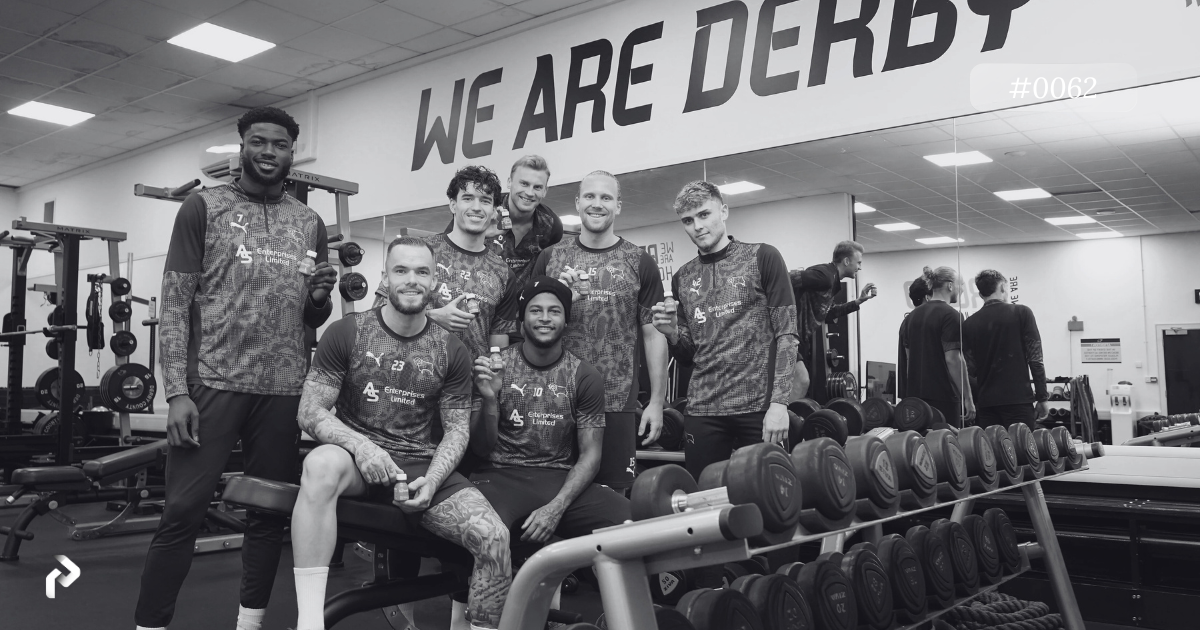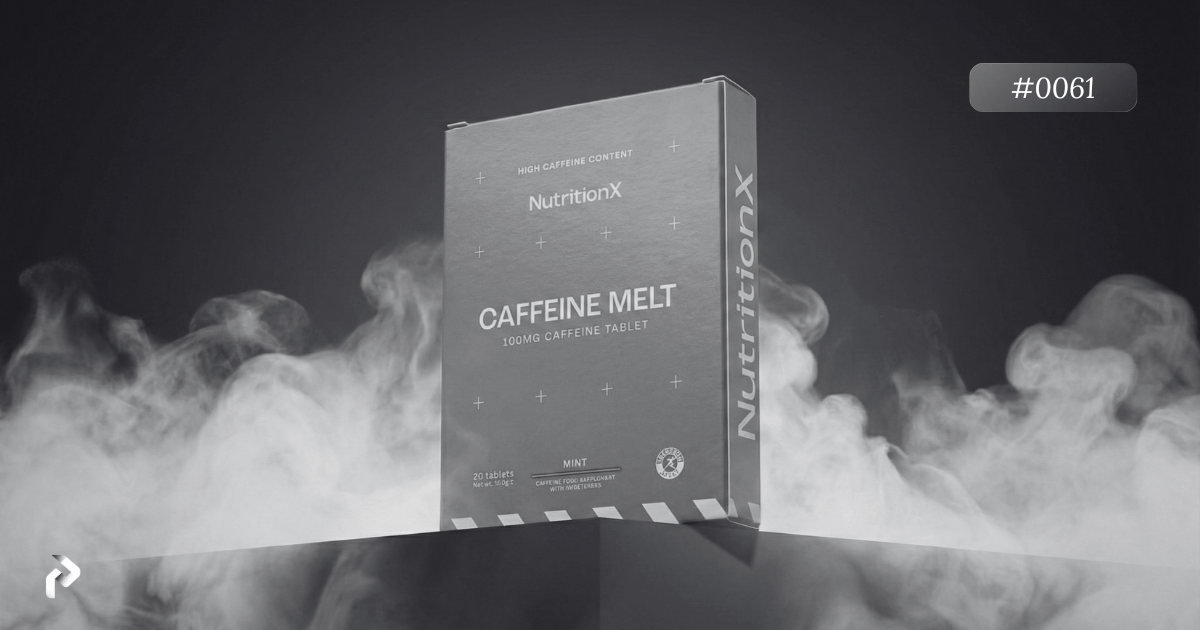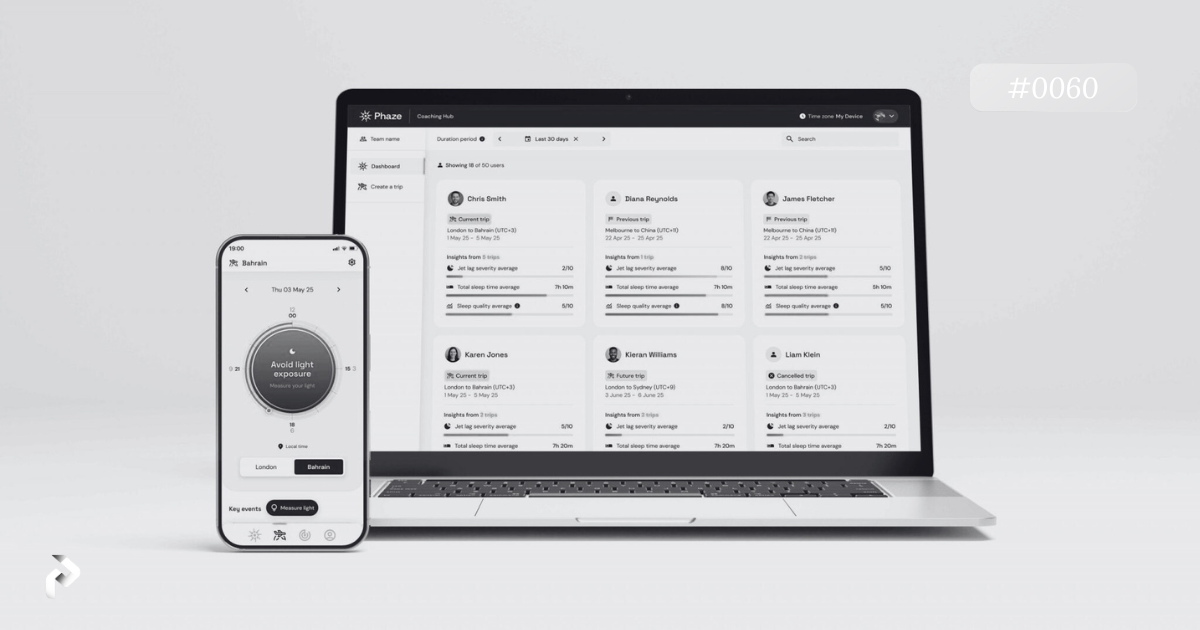
PhD Student Collecting Data
Dear Coaches,
Before we start today's issue, quick question: What's the one thing you're struggling with most in your nutrition practice right now? (Reply and let us know).
Here’s what’s coming up today:
Expert Opinion
Do you need a PhD to be a performance nutritionist?
"I don't think having a PhD is necessarily going to get you a job over someone else."
Marc Fell shares what he's learned working at cycling's highest level.
"I think now how nutrition's become a lot more prevalent... people have seen full-time practitioners, nutritionists in clubs really make a difference without PhDs."
"Try and avoid just doing one for the sake of doing a PhD."

Dr. Marc Fell interview via the Performance Nutrition Network
"It's basically your job and life for four or five, six years."
Fell's seen both sides. Students who quit after a year. Others who "hate it, slug it out" and look back with regret.
"I think probably now it's more likely you would get a job for instance in sport just through your experiences and having the fundamental knowledge."
The crucial distinction?
"A PhD is fundamentally learning how to do research."
Not practice. Not application. Research.
"There's teams in sports where they wouldn't employ someone because they've just got a PhD that's maybe not had any applied practice."
His advice is clear: "If it is something you want to pursue, it's doing it in an area or something that you're actually interested in."
The passion test matters because "there's some really dark days on a PhD."
The insight: Your impact matters more than your credentials.
Watch the complete interview where Dr. Marc Fell shares how top practitioners are reshaping sport nutrition's landscape.
Resource Roundup
News & Resources

100+ Tools For Nutritionists
100+ tools and resources to improve your nutrition coaching business.
Performance Tech
Superpower Platform
Superpower.com launched with NBA MVP Giannis Antetokounmpo as an investor, offering 100+ biomarker tests biannually.

Your athletes can now track testosterone, cortisol patterns, creatine kinase, comprehensive vitamin profiles, omega ratios, and inflammatory markers like high-sensitivity CRP.
Previously, this level of testing required expensive private medical care packages.

While Superpower provides the data, it lacks sport-specific application and nutrition coaching. This creates opportunity for responsible collaboration:
Work with registered medical professionals to interpret clinical biomarker data
Support nutrition education based on professionally-interpreted results
Collaborate on supplementation strategies within your scope of practice
Focus on nutrition coaching while medical professionals handle biomarker interpretation
Access to clinical-grade data doesn't expand your professional boundaries—resist the temptation to interpret blood work without proper medical training.

The Platform Reality:
150,000-person waitlist in just 6 months, $34M funding, partnerships with Oura and WHOOP. Built using a "distribution first, product second" approach with viral marketing tactics. Athletes are clearly hungry for comprehensive health optimisation beyond basic tracking.
Bottom Line: Understanding Superpower's capabilities could differentiate your practice as athletes increasingly expect data-driven, personalised nutrition strategies.











